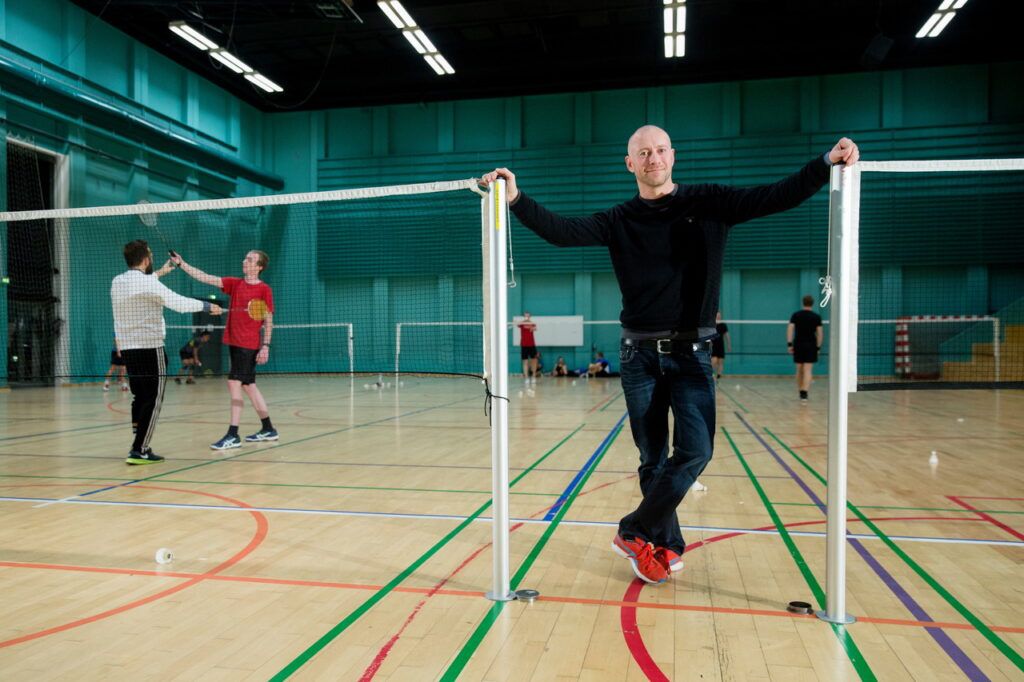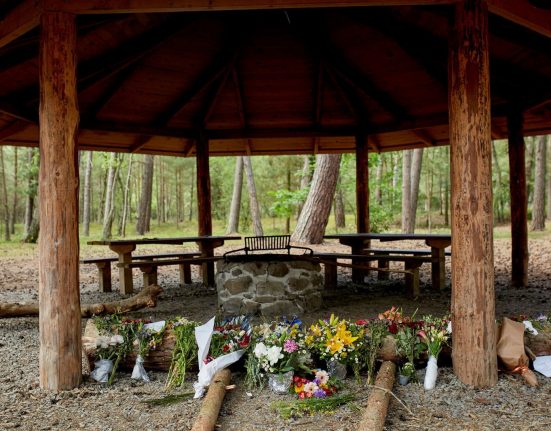Over the past decade, human rights violations, discrimination and civil inequality have spiked exponentially in Denmark. For foreigners and tourists, Copenhagen might have a reputation of being very LGBTQ friendly, but athletes, specifically, suffer unimaginable discrimination and bullying within the Danish community. Discrimination in the community reflects official prejudice and misleading media deliberately lashing and avenging the LGBTQ community.
Perhaps comparing Copenhagen to other places in the world might indicate that discrimination in Denmark is not as alarming, but many challenges in the country need addressing. For example, in 2014, a Copenhagen sports club, Pan Idræt, participated in a seminar held by leading sports bodies in the country. Upon completing the seminar, the Pan Idræt delegation was outraged that a senior speaker used homophobic language publicly during his presentation. Moreover, the delegation was surprised that none of the participants dared to notice or even care.
The delegation was already aware of the discrimination within the Danish community against the LGBTQ community, but their surprise was that official bodies in formal conferences are now using slurs to shame and bully this group of minorities. This unfortunate experience has been transformed into a positive turning point for the delegation. Now, the Pan Idræt athletes have decided to take a game-changing stance on discrimination. Although the organization has been fighting for the rights of the LGBTQ community for the past 35 years, its board has decided to take a more drastic stance to combat discrimination. Pan Idræt decided to launch a relentless action to raise awareness of s of discrimination against LGBTI+ athletes and battle homo-, bi-, and transphobia in sports on a national level.
After a fierce campaign carried out by the organization, the Danish Ministry of Culture published a report that addresses discrimination in sports based on sexual orientation and gender identity. About 850 LGBTI+ people completed an online survey to gauge to what extent discrimination is prevalent in the community. The results were expected: the European country is not better than its neighbours. According to the survey:
- 30% of trans participants in the survey said they don’t feel safe in their sports environment, while 20% of the LGBTQ community said they don’t feel safe in their sporting environment. According to the report, younger people are more likely to feel excluded.
- 70% of LGBTQ respondents indicated that they received verbal insults and bullying in Denmark, and more than 25% said smears and slurs personally targeted them.
- Bisexual people report more negative experiences than homosexual people.
- 50% of trans respondents and 30% of homosexuals said they receive stereotypical assumptions about their performance in sports.
- More than half of trans people and a quarter of homo- and bisexual people have at some point stopped participating in a particular sport as a result of negative experiences relating to their gender identity or sexuality.
- 57% of trans, 39% of bisexual-, and 24% of homosexual respondents have not revealed their sexual orientation or gender identity respectively to anybody in their sporting environment.
In 2020, the national Danish Football Association backed up the Ministry of Culture’s report with another more extensive report. The report included more than 8000 athletes in its surveys and found out that more than 44% of homosexual football players often struggle with homophobic slurs and smears. More than 30% of homosexual football players feel they are not treated equally as heterosexual football players.
These two reports made it difficult to believe that leaders in the country are not aware of the problem. Nonetheless, no drastic actions by the government were noticed as if officials were interested in keeping the status quo.



